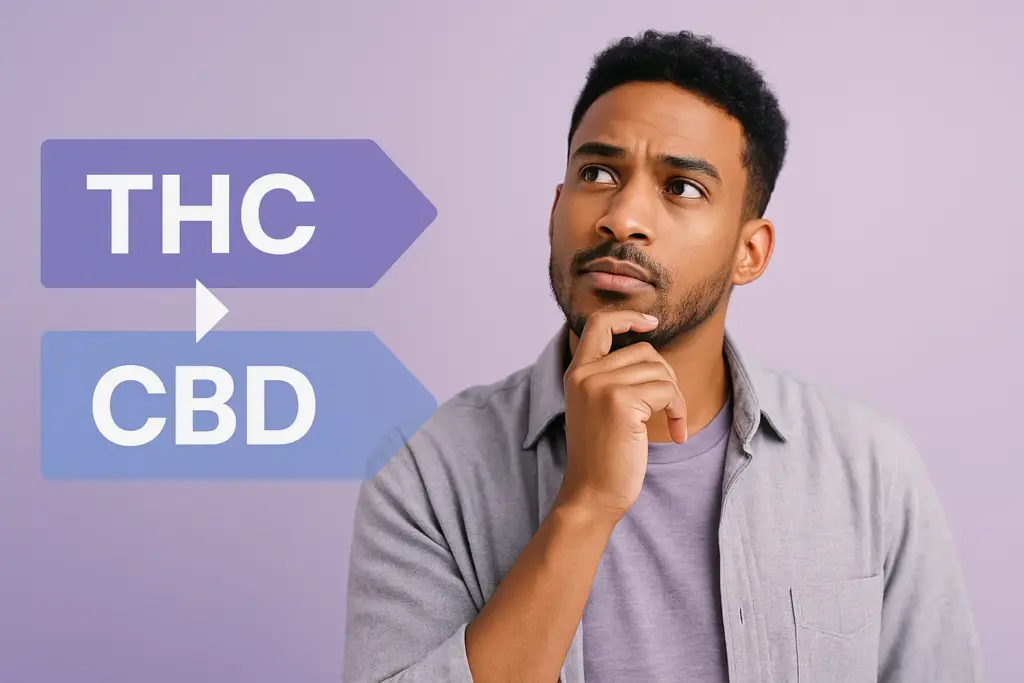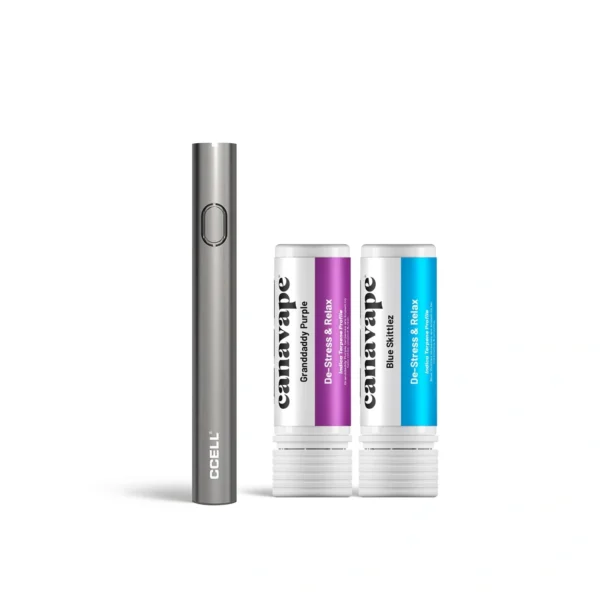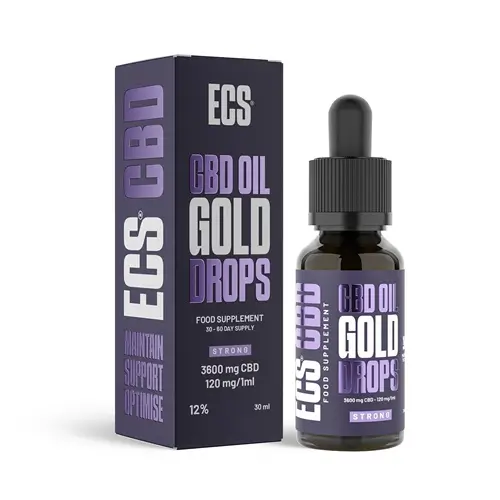
Many people in the UK are now choosing to reduce or stop their use of THC-rich cannabis for reasons ranging from tolerance and lifestyle changes to concerns about side effects or dependency.
As more individuals explore non-intoxicating alternatives, CBD has become an option people turn to during this transition.
This guide explains what transitioning from THC to CBD means, why people choose to do it, what to expect, and how CBD may fit into a balanced routine.
This article is educational only and does not provide medical advice.
Some readers may also find our cannabinoid education articles helpful, including our CHS overview here: Cannabinoid Hyperemesis Syndrome CHS UK Guide and the companion article Cannabinoid Hyperemesis Syndrome Explained.
Others may wish to explore how the endocannabinoid system reacts during changes in cannabinoid intake here: CBD Before THC Priming Your ECS For Balance.
There are many reasons individuals choose to reduce or stop THC-heavy cannabis use.
Some may feel they are relying on THC more than they would like. Others may be experiencing unwanted effects such as reduced motivation or tolerance.
A growing number of people in the UK are seeking non-intoxicating cannabinoid options to support wellbeing without the psychoactive impact of THC.
For some, reducing THC is part of a wider change in lifestyle or health choices.
For others, it is a response to feeling unwell after long periods of heavy cannabis use.
As covered in our CHS education pieces, long-term high-THC consumption can, for a small percentage of users, lead to Cannabinoid Hyperemesis Syndrome.
You can read more about this here: CHS Explained.
Whatever the reason, transitioning away from THC does not need to be abrupt or overwhelming.
People often introduce CBD to provide a non-intoxicating alternative that still interacts with the endocannabinoid system, but in a gentler way.
THC and CBD come from the same plant, but their effects and how they communicate with the body are very different.
THC is strongly active at CB1 receptors in the brain, creating intoxication and other well-known psychoactive effects.
CBD does not activate CB1 receptors in the same way, and as a result, it does not produce a high or the same intensity of impact.
Many users report that CBD gives them a sense of routine or balance without altering their mental state.
This distinction is one of the major reasons people choose to transition from THC to CBD, particularly if they want the familiarity of cannabinoids without intoxication.
The experience of reducing THC varies widely. Some people feel very little change, especially if their use was occasional.
Others may notice temporary shifts in sleep, appetite, or mood.
These effects generally settle as the body adjusts.
Some individuals choose to use CBD during this time as part of their daily routine.
This is not a treatment for THC withdrawal or any medical condition, but it can offer a familiar cannabinoid experience without intoxication.
People often introduce CBD oils, vape products, or CBD e-liquids as they adjust their lifestyle.
You can explore the Canavape CBD Vape range here: CBD Vape Range, or our CBD Oils here: CBD Oils.
CBD interacts with the endocannabinoid system differently from THC.
Instead of directly activating CB1 receptors, CBD influences several pathways involved in balance, focus, and calm.
People transitioning away from THC often use CBD to maintain an element of their familiar cannabinoid routine.
Common approaches include:
The goal is not to replicate the high of THC, but to replace the habit or routine surrounding THC with a non-intoxicating alternative.
Terpenes influence aroma and flavour, and they also shape how a cannabinoid experience feels.
Many THC-rich cannabis strains are recognisable by their terpene profiles.
When someone transitions to CBD, using similar terpene blends can help maintain familiar sensory cues.
You can learn more about terpene-specific profiles in our cannabis-derived terpene education: Cannabis Terpenes.
Both formats are popular among people shifting away from THC.
CBD vapes offer fast onset and can replace the behavioural habit of inhalation. CBD oils offer longer-lasting effects and support routine-based wellness choices.
CBD e-liquids also provide a balanced option for people who prefer a mild inhalation experience but want a larger bottle or a more customisable setup.
More information on CBD e-liquids can be found here: CBD E Liquids.

One of the most common concerns people have when reducing THC is the effect on sleep.
THC can influence sleep patterns and dreaming. Some individuals choose to use CBD-rich products in the evening as part of a calming routine.
CBD oils or CBD vapes may help people create a relaxing environment, free from intoxication.
You can also explore our blog on the endocannabinoid system for more on how cannabinoid balance works: Understanding The Endocannabinoid System.
While CBD is not a medical treatment and cannot make clinical claims, many people use CBD during abstinence because it gives them a sense of familiarity with cannabinoids while avoiding intoxication.
A number of Canavape customers report success staying away from THC after building a routine with CBD oils or vapes.
Experiences vary, but this is a common theme in feedback.
The time it takes to transition varies. Some people stop immediately and feel settled within a week.
Others taper their use gradually over several weeks.
Using CBD may give individuals a sense of continuity during this period, and many appreciate the flexibility of oils or vapes for adjusting daily habits.

CBD is not considered addictive and does not create intoxication. It does not affect the brain’s reward system in the same way THC does.
CBD does not appear to trigger the same behavioural cues as THC.
Many users feel it reduces the urge to reach for THC-rich products because it offers a familiar cannabinoid routine without the high.
CBD does not replicate the effects of THC, but it may help people maintain a structured routine during transition. Outcomes vary between individuals.
This is a question best discussed with a healthcare professional, especially for medical cannabis patients.
No medical claims can be made. CBD is used for wellness purposes only and individual experiences vary.
The following sources were reviewed when creating this educational article.